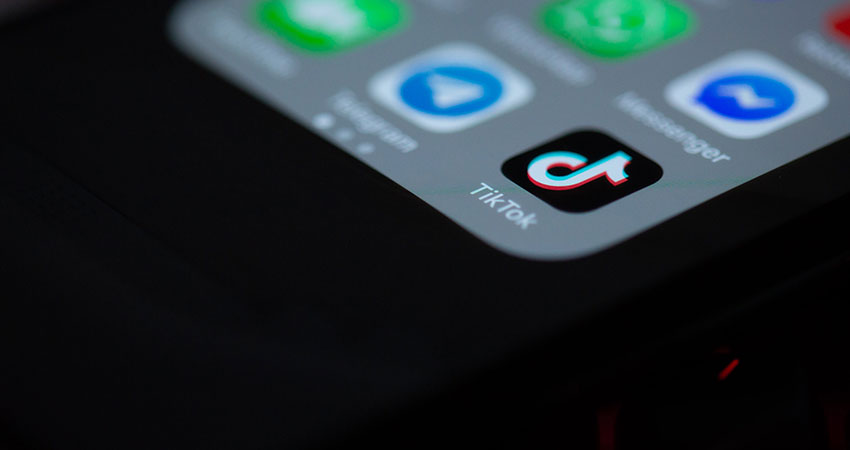As Amazon stumbles, planning to lay off ten thousand workers, drastically scaling back its facilities plans and missing earnings forecasts, ascending rival TikTok is becoming more of a globally dominant behemoth, day by day.
First it was news last month that the hugely popular short-form video platform from Chinese firm ByteDance was laying the groundwork for ecommerce fulfillment operations in the U.S. Now comes a report that TikTok began testing a shopping feature in the U.S. last week, allowing its 94 million users here to make purchases directly from the app, according to a report in Semafor.
The functionality within TikTok Shop has reportedly been tested previously in the UK and seven Asian countries. A select group of U.S. businesses is participating in the test, with merchants from other markets still directing shoppers off the platform to their own websites.
“We’ve seen the positive impact of TikTok Shop, and we’re excited to continue experimenting with this new commerce opportunity to support businesses of all sizes,” a TikTok spokesperson told Semafor.
At the same time, effort continue in Washington to ban the app in the U.S. over privacy and security concerns and connections between ByteDance and the Chinese Communist Party, an effort which former President Trump failed to push through. Last week, U.S. Sen. Marco Rubio (R-FL) and U.S. Rep. Mike Gallagher (R-WI) announced they are introducing legislation to ban the TikTok app in a Washington Post op-ed.
Concern over TikTok, security and privacy led to the highly unusual and painful admission from U.S. Sen. Mark Warner (D-VA) that Trump was right about the video platform. Warner, chairman of the Senate Intelligence Committee, has joined with Rubio in the cause. Some DC fire seems to have been redirected from U.S.-based Big Tech to TikTok.
“The CCP could also use TikTok to propagate videos that support party-friendly politicians or exacerbate discord in American society,” Rubio and Gallagher wrote in the WaPo. “Such videos need not originate from CCP proxies — they could be created by anyone. With essentially unlimited data on user-made content at its disposal, Beijing can leverage it to fan the flames of domestic division.”

